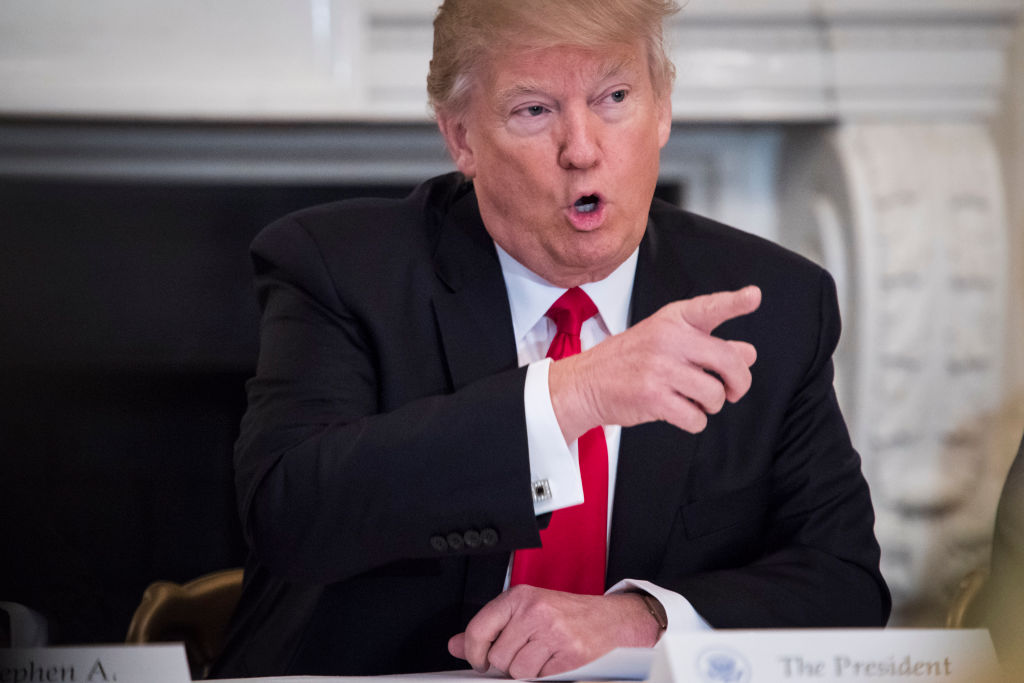
Centene CEO: ICHRA Is the Future of Individual Health Insurance
During a Monday session at the HLTH Conference in Las Vegas, Centene CEO Sarah London shared her thoughts on ICHRA, calling it the “future of individual health insurance.”

During a Monday session at the HLTH Conference in Las Vegas, Centene CEO Sarah London shared her thoughts on ICHRA, calling it the “future of individual health insurance.”

The One Big Beautiful Bill Act has drawn criticism from healthcare groups for slashing Medicaid and ACA subsidies, but it contains a few provisions that could drive progress.

In a landscape where complexity has long been the norm, the power of one lies not just in unification, but in intelligence and automation.

The next chapter in employer-sponsored benefits might very well be defined by who is carrying the risk — and it's time for employers to face whether they're financially able or willing to shoulder that responsibility.

The "One Big Beautiful Bill" would codify Individual Coverage Health Reimbursement Arrangements (ICHRAs) — the personalized insurance model that has transformed how employers offer health benefits — into law as CHOICE Arrangements, or Custom Health Option and Individual Care Expense arrangements.

The number of US employees offered ICHRAs continues to grow. Yet, headwinds – including competition, individual coverage market uncertainty, and complexity – may hamper the ICHRA opportunity.

ICHRA is surging in popularity as an option for employer-sponsored insurance to access the individual market, as employers rethink traditional group plans with unpredictable renewal rates and employees seek personalized healthcare. Here's a closer look at why investors and politicians are eyeing ICHRA.

The time to innovate is now. By embracing transformative solutions, insurers and employers can not only address systemic challenges but also create a future where healthcare is equitable and sustainable.

Venteur's $20 million funding round was led by Informed Ventures and American Family Ventures. In total, the company has raised $30 million.

ICHRAs are gaining a lot of interest in healthcare. Some say they are beneficial because they give employees more choice in their health insurance, while others are more skeptical.

Trends in ICHRA adoption, product innovation, and regulatory developments signal that this benefits model isn’t just here to stay — it’s poised to help redefine how we think about employer-sponsored healthcare.

Remodel Health received $100 million in funding from Oak HC/FT and Hercules Capital.

StretchDollar's $6 million raise was led by Fika Ventures and Oscar Health and included participation from Precursor Ventures and Springbank.

The status quo is simply untenable for many companies as health insurance costs spiral. From family-owned businesses to large enterprises, employers are taking advantage of an alternative designed by politicians on both sides of the aisle.

ICHRAs provide employees with more choice on their health benefits. But many employers aren't very familiar with the new insurance model, executives say.